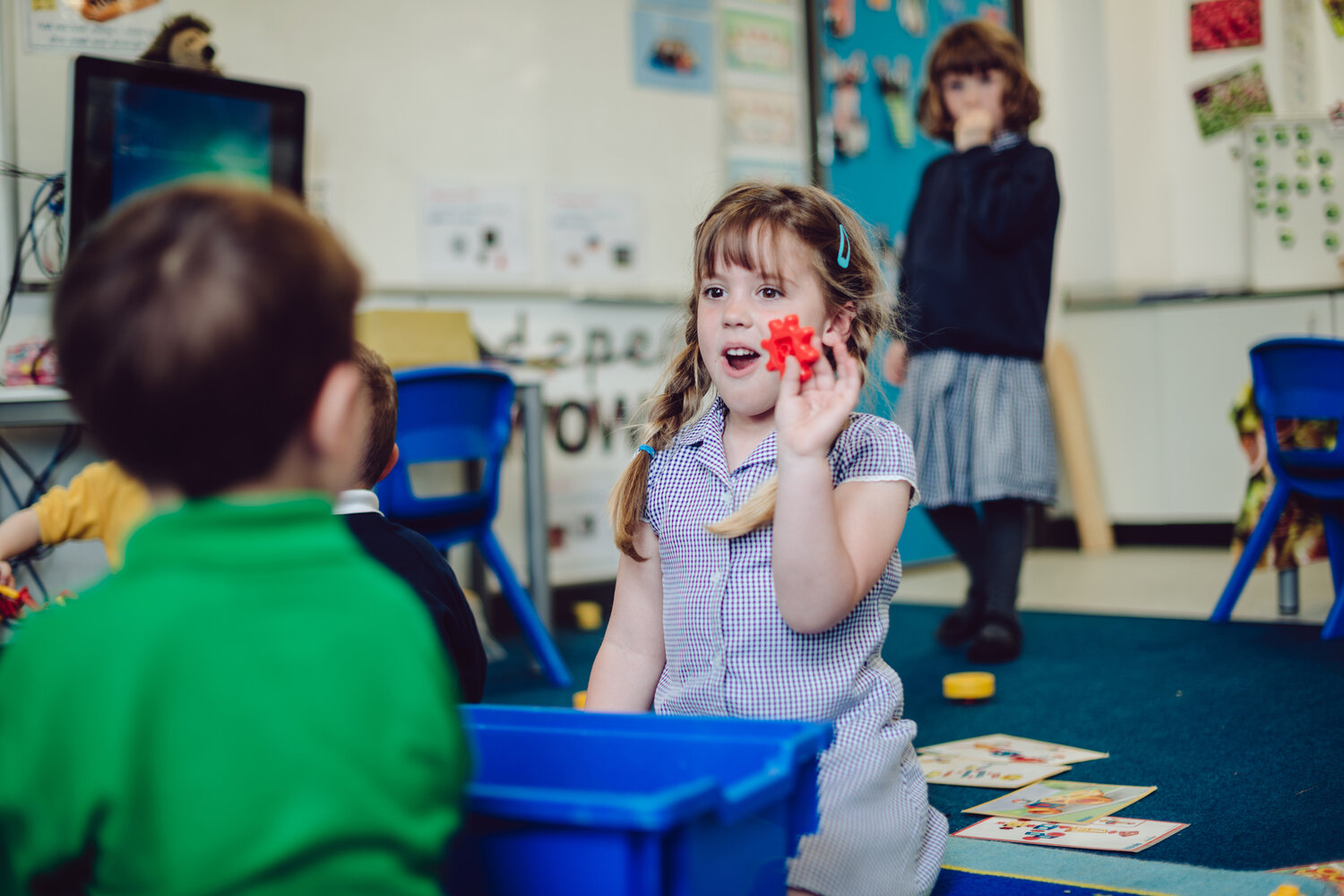Geography
Teaching Geography through exciting termly topics, children at Marine Academy Primary develop a curiosity and fascination about the world and its people that will remain with them for the rest of their lives.
The Geography curriculum offers a clearly mapped journey starting in the early years and incorporates fundamental geographical concepts, knowledge and skills, allowing pupils to build on a firm foundation in future years. The content of the curriculum is broken down into component parts that pupils can first comprehend in their own right, before combining different components to gain a fuller conceptual appreciation. Pupils investigate a range of places – both in Britain and abroad – to help develop their knowledge and understanding of the Earth’s physical and human processes. Teachers develop pupils’ ability to confidently communicate their findings and geographical understanding, which is conveyed through a final written piece.
Children in our Reception classes first begin to develop their Geographical understanding in Term 3 during their ‘Transport’ topic. Here they learn that there is a world beyond their own doorstep, while mapping out different routes in which they can take. Through stories, role-play, small -world play and visits to the National Marine Aquarium as well as the local woods and Dartmoor Zoo, they discover animals that live in our world, In Term 6 through their ‘Our Big Wide World’ topic, they begin to understand that there are other countries in the world and that each one is unique. First- hand experiences help them to learn about the importance of caring for our planet. For example in Term 5, when learning about the story ‘Little Turtle and the Sea’, the children will learn how to recycle and the importance of not littering. Through both guided and independent learning, the Reception curriculum lays the foundation on which their later Geographical understanding is built upon.
Pupils build upon these early concepts in KS1, to deepen knowledge and skills. For example, during the topic ‘Location, Location, Location’ children explore a wider variety of maps to develop a sense of scale and direction. As part of their ‘To Plymouth and Beyond’ topic, pupils make comparisons between Plymouth and places elsewhere in the U.K, as well as explore the city’s human features. This includes conducting fieldwork to study the types of housing that people live in and a bus tour around the city’s most iconic sites. Pupils progress to developing an understanding of continents and oceans and apply this knowledge in making comparisons between the locations of rainforests and the production and transport of food.
An introduction to settlements, tectonic processes and hydrological and climatic processes introduces Year three pupils to concepts, vocabulary and knowledge that is capitalised on in subsequent years. When pupils study ‘Human Migration’ in Year Four, they will utilise their knowledge of settlement types in order to deepen their understanding of migration patterns. This knowledge and understanding supports their comprehension of why communities develop around areas of rich natural resources, and the push/pull factors which cause informal settlements to develop. The ‘Natural Resources’ topic feeds into the Year Five topic on ‘Energy and Sustainability’, by supporting pupils’ understanding of where energy comes from and how greater sustainability can be achieved. The Year Six topics on ‘Population’ and ‘Globalisation’ draw on themes that have been explored throughout KS2, such as population density and the import/export of materials, therefore pupils are able to approach these complex topics with great depth and breadth of knowledge.
Fieldwork is a crucial element of a child’s geographical education and we have intentionally incorporated it throughout the Geography curriculum from the very beginning. Children are taught to analyse primary data. For example, in Year One, children conduct and analyse data regarding different types of housing. The ‘Rivers’ topic in Year Four provides opportunity for pupils to collect and interpret quantitative data through a visit to explore a river on Dartmoor. The ‘Globalisation’ topic in Year Six includes a visit to Plymouth City Centre where pupils conduct surveys to gather information about and evaluate how globalisation has impacted Plymouth through local, national and global brands.
Through inspirational teaching, we develop the following essential characteristics of geographers:
An excellent knowledge of where places are and what they are like, both in Britain and the wider world
A comprehensive understanding of the ways in which places are interdependent and interconnected
An extensive base of geographical knowledge and vocabulary
Fluency in complex, geographical enquiry and the ability to apply questioning skills
The ability to reach clear conclusions and explain their findings
Excellent fieldwork skills as well as other geographical aptitudes and techniques
The ability to express well-balanced opinions, rooted in very good knowledge and understanding about current issues in society and the environment
A genuine interest in the subject and a real sense of curiosity about the world and the people who live here.














